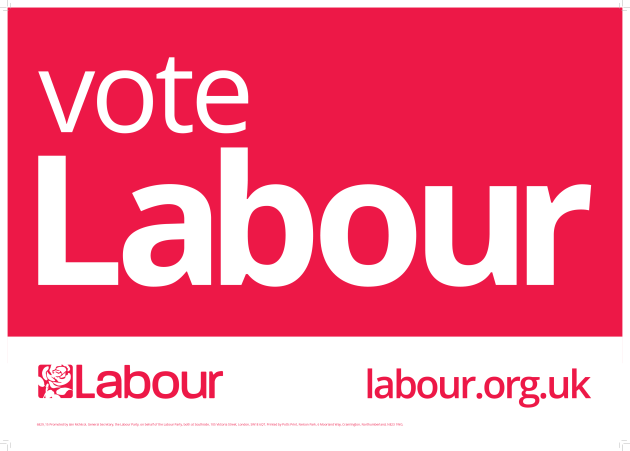One day a lemming will fly
16/10/2018 Leave a comment
I do wonder how different the world would be today if Bernie Sanders had become President instead of Donald Trump. It would certainly be a lot better for millions of poor American voters who, instead of voting for higher taxes on the wealthy and more wealth distribution, voted for the complete opposite. Strangely though, if given the opportunity again today, most of them would vote the same way as they did in 2016.
Stuff like this gives economists a headache. It’s much easier to base economic models on the idea that people behave in ways that make them better off, as opposed to looking for ways to shoot themselves in the foot.
Although tricky, it’s important for us to accept that people do behave like this and it’s also important to think about what we can do about it. So, since I have your ear, I’ll give it a go.
Deep down, Bernie knew he wouldn’t win. Of course he believed his policies would benefit more voters than the policies of Donald or Hillary but still, he knew he wouldn’t win. The USA is very right-wing country and there are a huge number of well-funded, well-organised lobby groups that exist to keep it that way. In the context of American politics, Bernie’s policies were extreme and he would have known that convincing a sufficient number of voters of such a radical change in direction would likely be impossible.
So was it a waste of time? Absolutely not. Bernie ended up doing extremely well in the circumstances and while he failed to win the nomination, he did achieve something else – he made it a little bit easier for the next Bernie. His achievement was to chip away marginally at the status quo. The next Bernie won’t win either but next time around, the same policies will be a little more mainstream. One Bernie alone won’t bring policies of equality to the United States. You need a lot of them. The first few will fail, perhaps the first many will fail. Eventually one will succeed.
The problem, of course, isn’t in finding people who agree with the policies – they weren’t really that extreme. The problem is finding people who have the guts to be the first ones over the cliff, knowing that their chances of being the first successful Bernie are slim at best.
Anyway, the Brexit mess is still rolling down the hill, like a giant snowball of poop, and a lot of people have been asking me if I am in favour of a People’s Vote. It’s essentially a second referendum in which the voters, this time around, would have the added benefit of knowing the actual alternative they could vote for.
To be honest, I struggle to have enthusiasm for it.
What should be abundantly clear to everyone by this point, is that there is no good alternative to EU membership. The possible outcomes if we leave the EU are a shitty deal that leaves everyone worse off, or no deal at all, which leaves everyone even worse off than that.
Given those options or a People’s Vote, then yes, I’d rather have the vote. Let’s roll the dice again – it can’t be any worse. We would, however, get a few months of Boris, Gove, Rees-Mogg, The Daily Mail, The Sun and the rest of them, in full bullshit propaganda mode. Add into that a fallacy of the human brain – people are very bad at admitting when they were wrong – and we will end up having another uninformed vote.
It’s not inconceivable to think that such a campaign could result in people voting for no deal at all and us ending up worse off than if, after the first vote, we’d just called, “Stick”.
What’s my alternative suggestion? Thank you for asking – it’s very simple but we will need some help from our politicians.
Our politicians have to have the guts to stand up and say something like this:
We have taken on board the result of the referendum. We have spent two years working on it, trying to find out how we could make this work for the country.
The result is, that it doesn’t. Deal or no deal, there is no way to enact departure from the EU without causing significant hurt to the economy and citizens of the country.
We looked at it – for two years, we really did look very hard at it. But it’s a bad idea and we’re not doing it.
One MP doing this alone won’t make a difference – we’re going to need a bunch of them. If they take this position in sufficient numbers then we have an opportunity to avoid an utterly unnecessary catastrophe.
The problem, of course, isn’t in finding people who agree with remaining – the majority of MPs were in favour of that to begin with.
The problem is finding politicians who have the guts to be the first ones over the cliff.
RedEaredRabbit





